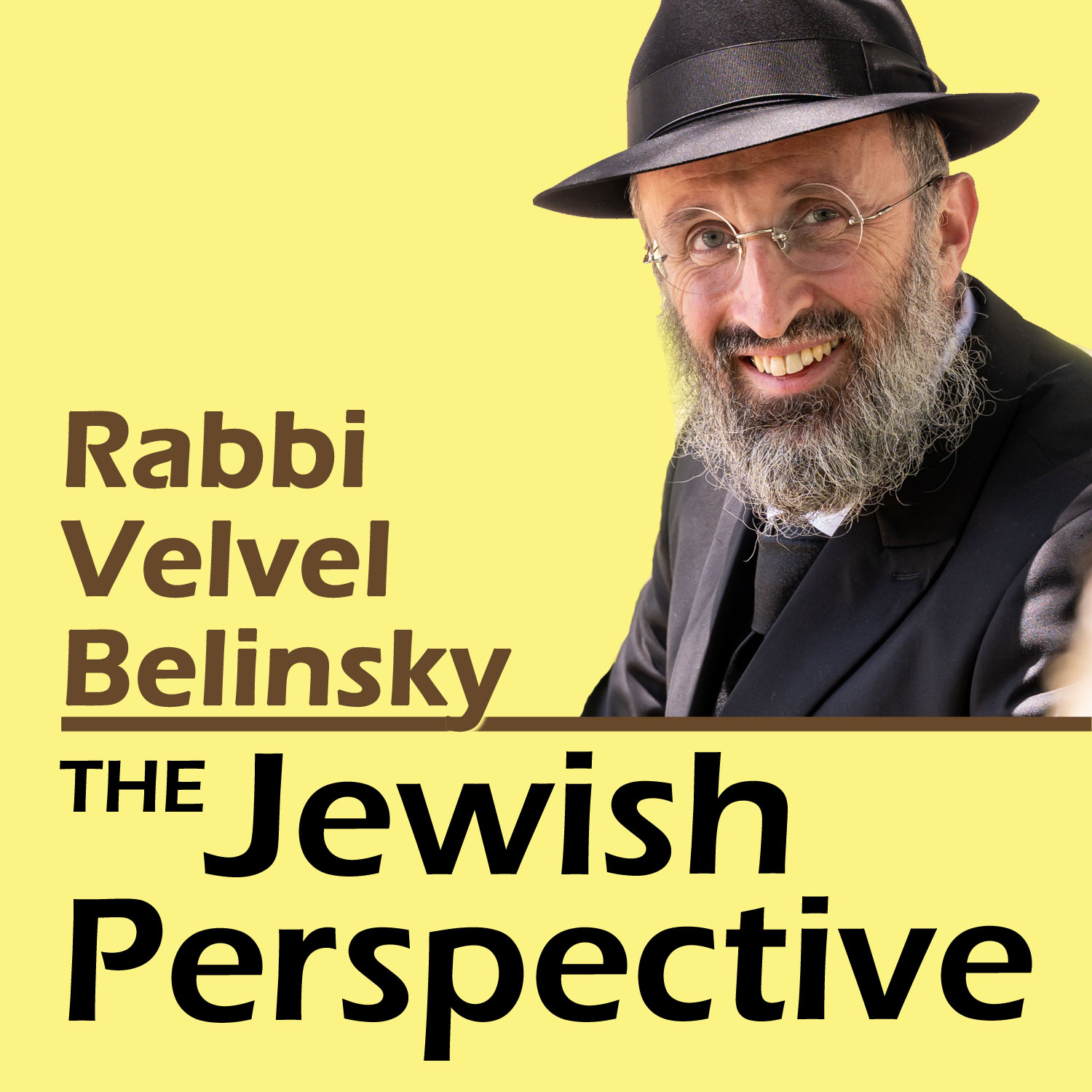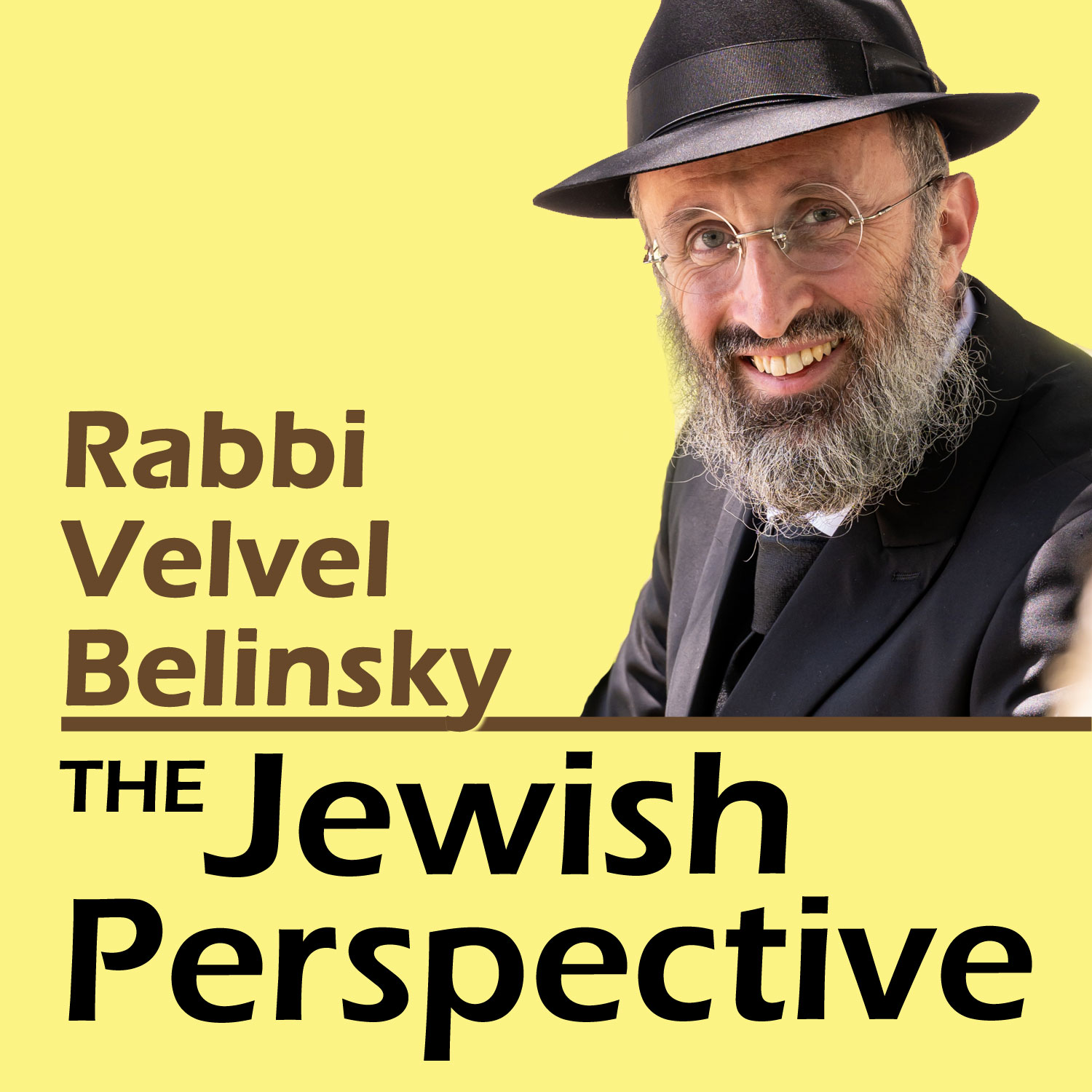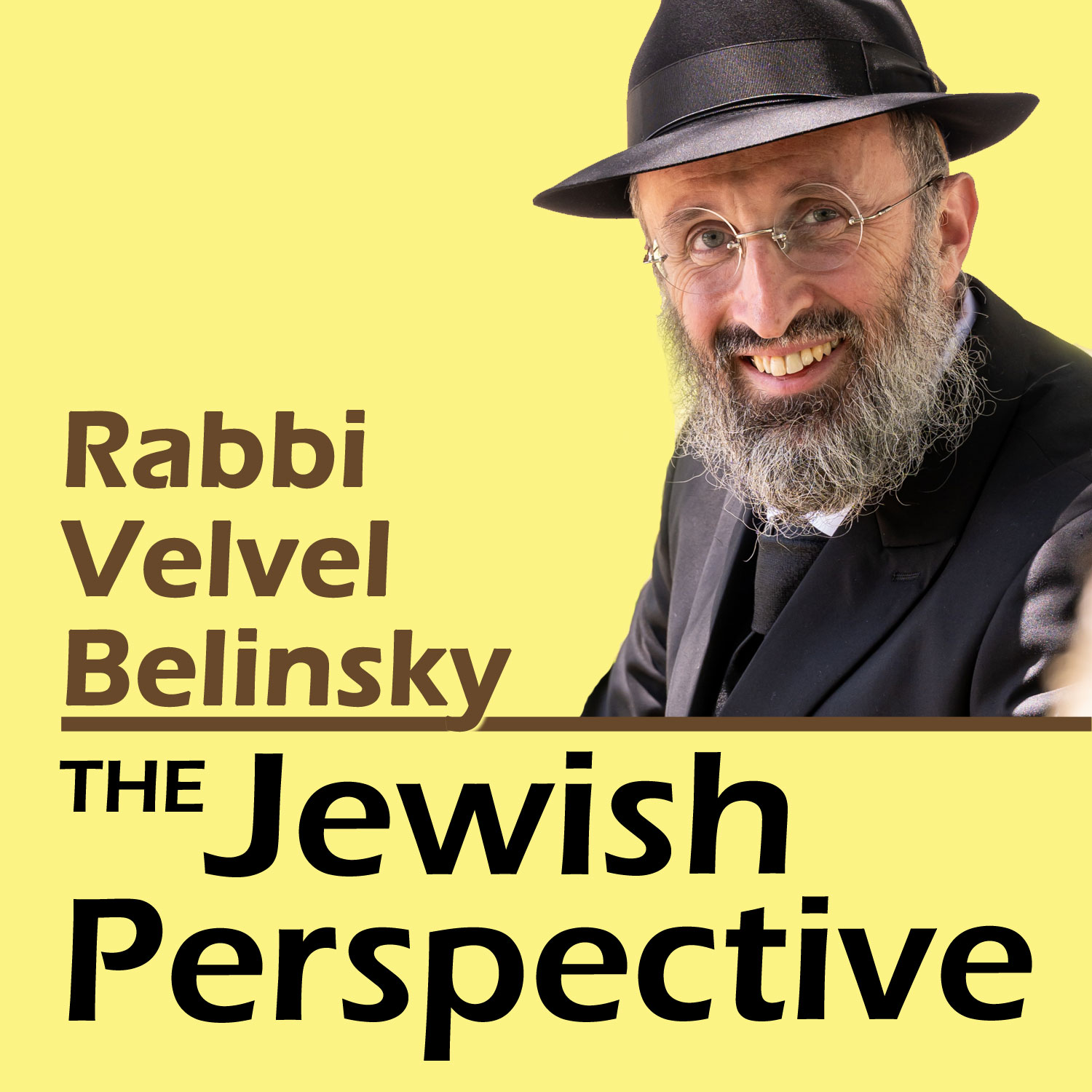Episode Transcript
[00:00:00] Today we're going to find out how the Jewish law of inheritance is different from the common English law that evolved into the modern American law.
[00:00:11] And first we have to look at an interesting phrase that we have in our Jewish tradition, and it's in the Torah. And it then appears in our liturgy. It says, ashdeinu matoiino, how happy we are with our portion, with our lot, and how beautiful is what we received.
[00:00:41] And my yofa yerush hasenu, and how pleasant is our inheritance.
[00:00:47] So you have three things here which I mentioned.
[00:00:50] We are happy with our lot.
[00:00:53] We are happy with what we have received, with the present we got, and we are happy with our inheritance.
[00:01:00] These three items are three different things.
[00:01:05] The Torah very often looks very poetic, but it never repeats things just to sound beautiful. It always repeats things only if they have a new message different from the one that was conveyed before.
[00:01:21] So, ashray nut, a volcano. How happy we are with our lot. What is lot? Lot is something that you usually purchase, like a lot of land.
[00:01:34] So there are things in Judaism that we need to purchase, we need to earn.
[00:01:39] The Torah is insisting on the system of reward and punishment. People are rewarded for their good behavior, and God forbid they get something opposite of it for doing not good things.
[00:01:52] So in our relationship with God, we earn many blessings.
[00:01:59] We deserve many things. With what? With our mitzvot, with the Torah commandments that we perform.
[00:02:06] The more mitzvot I do, the more I am receiving from God.
[00:02:12] This is the part of my life, the part of my relationship with God, that I have earned.
[00:02:19] Then there's the next thing. A present. What is a present? A present is usually something that the person did not earn, or if you earned it, it's not a present.
[00:02:30] If your worker comes to you to receive his salary and you give him a check and you say, this is my present to you, he'll look at your funny and say, what do you mean, my present?
[00:02:39] I earned it. It's not a present. If you give him something extra, that's a present.
[00:02:44] But otherwise he earned it. A present, something that a person didn't earn.
[00:02:49] But on the other hand, there's a reason why you gave him a present.
[00:02:53] You won't give a present to someone else. You give present to him. So he didn't earn it. But it does have some connection to him. There's a reason why he is the one who's receiving this present and not someone else. He was chosen to receive this presentation maybe because of your connection with him, because of your friendship, because he's nice because you think of him highly or whatever it is.
[00:03:13] And then there is inheritance.
[00:03:16] What is inheritance? Inheritance is really not connected with the person at all. Inherit means to be an heir of someone else. But really it could be a person, a baby. He's one days old and he will become a multi billionaire because his father passed away and this kid inherited billions of dollars.
[00:03:34] There are children who inherit their parents estate or some sort of a business and they have no connection to this business.
[00:03:43] The guy's father was a baker and the son inherited his bakery.
[00:03:49] The son is a lawyer, he knows nothing about baking. He doesn't want to have a bakery. He hated the fact that his father was a baker, but now he owns a bakery.
[00:03:59] So inheritance really doesn't have to have any connection to the person himself, only to his lineage, only to where he comes from. But the person himself. A person could inherit a huge operation.
[00:04:15] So it could be that the father was running a big business and he built this business, he picked it up and the son who is inheriting this business is a complete loser. And he can't figure out heads to tails with his business. He doesn't know how to run it, but he's now in charge.
[00:04:34] So we see that really inheritance has no connection to the person who is inheriting it on a personal level.
[00:04:44] But here is a difference, a very important difference between the Jewish law and the modern American law that evolves from British common law.
[00:04:55] In America today, I can choose who is going to be my heir. I can choose who my inheritance is going to go to. I couldn't say that even though I have children, I want all of my inheritance to go to my neighbor. Why? I don't know. I don't like my children, right? Or I can write that all of my inheritance is going to be donated to some cause or to some person and my children will be getting nothing. Or I could split it between my children and something else. In the Jewish law it doesn't work this way. In the Jewish law, inheritance is always automatically getting transferred to children.
[00:05:34] During my lifetime I could make a decision who do I give my money to after I pass away? It's automatically going to the children, no matter what. They could choose what to do with it, but it goes to them. I can write that during my lifetime I'm giving away certain part of my estate to various people or donated to various causes. And it's perfectly valid according to the Jewish law tribe document, where it says that one moment before I pass away, I'm committing to give my estate to this and this person, because I'm still alive. But after I pass away, it goes automatically to my children.
[00:06:15] As a matter of fact, in the Jewish law, it says that it's not that a child is now getting his father's possessions.
[00:06:25] The child is now acting in his father's place. The child is becoming like the father was.
[00:06:33] And children cannot refuse this inheritance.
[00:06:38] That's why in American law today, let's say a child is inheriting a property that has a huge lien, and the property is upside down, the mortgage is greater than the value of the property, and the kid wants to say, I don't want it.
[00:06:53] He could walk away from it if he wants. In America today, according to Jewish law, he can't. He is in his father's stead.
[00:07:02] He's coming to act now as his father. He owns his property. Whatever he wants to do with it, it's up to him. He wants to keep it, sell it, rent it, it's up to him. But it's his property.
[00:07:11] So inheritance is automatic and you cannot refuse it.
[00:07:14] That's how it is in the Jewish law.
[00:07:17] This is why the Torah is called our inheritance.
[00:07:20] It is automatic and we cannot refuse it.
[00:07:23] No matter what we do.
[00:07:25] You cannot not receive this inheritance from God. We are his children and he gave us his inheritance.
[00:07:33] It's ours.
[00:07:35] So imagine if there is a guy who received the business as his inheritance according to American law, he could just walk away from it. If he doesn't like this line of business. He received the bakery and he doesn't want to be a baker, he could walk away from it. In the Torah, he could not walk away from it. So either you could just let it sit, it's just going to be eating up money and not bringing in income. Or you could say, you know what?
[00:07:57] I never wanted to be a baker, but now I have this business. Let me at least run it so it'll make some money.
[00:08:03] So you have this inheritance which you get from God. You could just let it sit and it's going to be a net negative.
[00:08:10] Or you could use it, run it, and it's going to be bringing you money. So you are a Jew no matter what. The question is, what do you want to do with it now?
[00:08:18] Do you want it to be a net positive or net negative?
[00:08:22] This is why the Torah is called our inheritance. So there are three parts to Judaism.
[00:08:26] This is what we have earned, what we have received as a gift, and what we have received as inheritance.
[00:08:33] And this strong, the bond of inheritance, because you cannot refuse it a gift I can refuse.
[00:08:38] So if you have something which you've received inheritance and you're not using it, you're just not being smart, use it.


